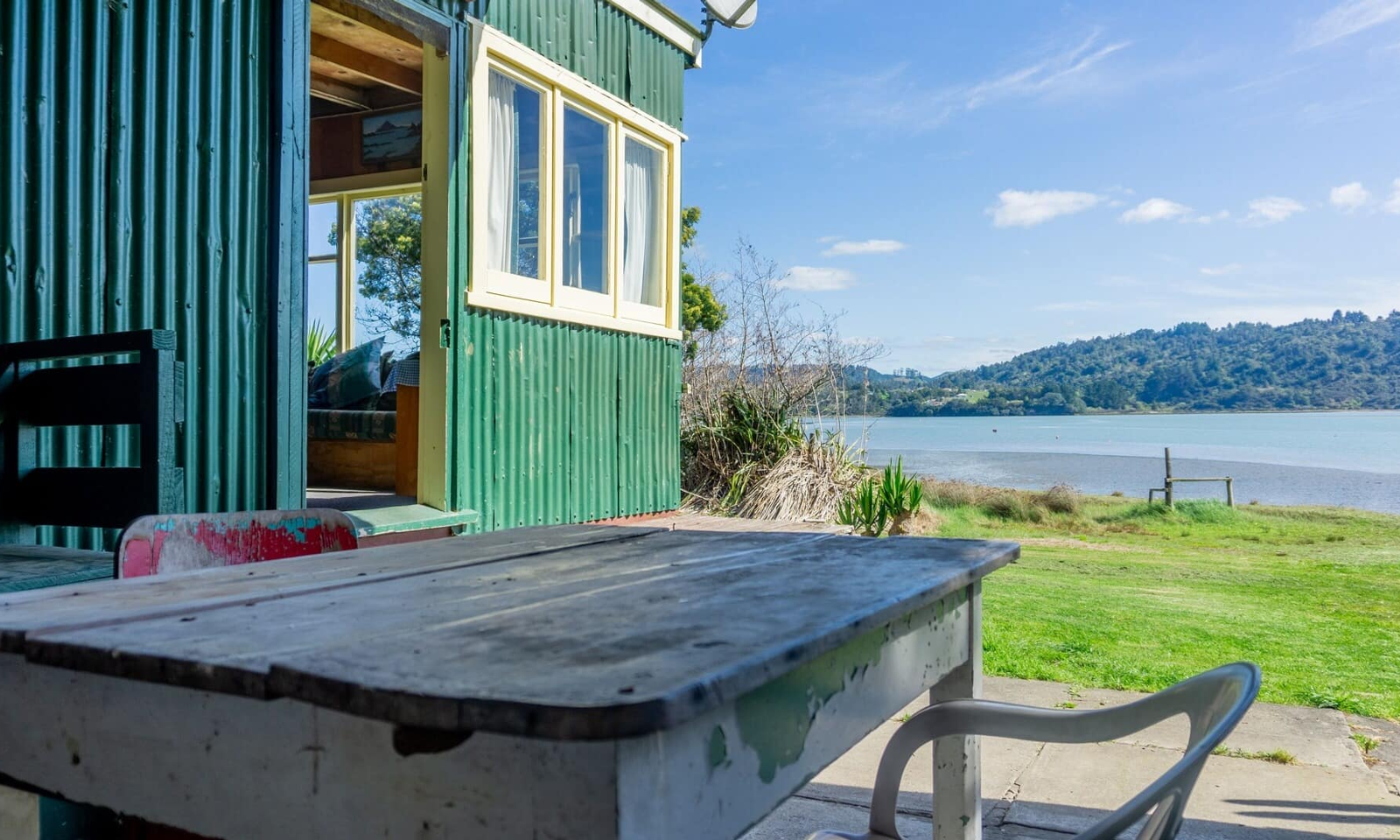

Photo /RNZ/Angus Dreaver
Cabinet Minister says fossil fuel energy today pays for a greener NZ tomorrow
Shane Jones addresses climate concerns over fossil fuel energy and criticises major power company's price spikes.


Holiday Classics: The sports films that bring families together

Memories over miles: South Aucklanders share their favourite holiday getaways


Ancient DNA shows how Pasifika carried pigs across the ocean

Holiday Classics: The sports films that bring families together

Memories over miles: South Aucklanders share their favourite holiday getaways

Responding to fossil fuel climate concerns, a senior minister says sacrifices must be made to achieve New Zealand's zero emissions plan.
Speaking to William Terite on Pacific Mornings, Associate Energy Minister Shane Jones said having a range of power options is vital, especially since NZ doesn't produce enough energy alone.
"If you want to live in a modern nation, if you want to have access to energy which is regarded as a cardinal feature of the first world then you've got to have multiple sources of energy," Jones said.
"I do accept that there is a small and vocal population of Luddites who are totally unwilling to use our mineral resources."
"But without Indonesian coal, you would not be able to boil your jug tonight. We've got acres of coal that successive governments have refused to mine."
Jones said New Zealand society has been unwilling to make trade-offs to expand the supply of energy so importation has become the solution.
He added that another trade-off of using coal now is to generate enough money to afford the country's climate transition plan away from fossil gas use.
"You may be able to strengthen climate emissions by making yourself poorer but I belong to NZ First, I don't belong to climate first."
Jones's comments follow doubling of wholesale power prices within the past three weeks. The price spike is partially due to New Zealand's hydro lakes storage which is down by over half of what it would be around this time.
According to the Electricity Authority, NZ's retail market has 39 retailers, five of which are large “gentailers” who both sell and buy electricity.
The major five are Genesis, Contact, Meridian, Mercury and TrustPower which between them have 12 to 26 per cent of the retail market share.
Jones said it's unbelievable that last week NZ had the highest power prices in the western world.
He said the resulting potential job losses, firm closures, and regional enterprises mean "we can't sit on our hands".
"Successive governments have been fearful of intervening in the electricity market.
"That's partly been driven by the power and extreme influence that the gentailers have enjoyed.
"They are now the most powerful economic bodies in New Zealand beyond the Aussie banks and supermarkets. But they've overplayed their hand."
Jones said some solutions considered are boosting gas availability, exploring regulation changes to moderate power prices, and having gentailers' place national interests above corporate interests.
"The power the government has under the electricity legislation is extensive.
"[The government] can intervene in the market and require a better level of corporate decision making from our large power suppliers so they don't drive businesses into the wall.
"We'll only use that power after we've taken advice on the various options but that power exists as we speak in the law, it's just never been used."